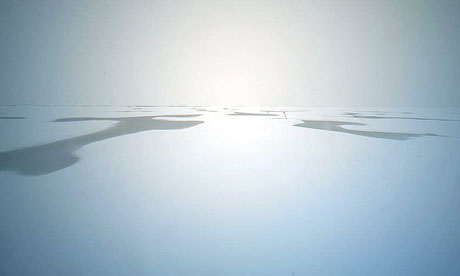 |
| John Dover Wilson's Hamlet |
The image is my copy of
Hamlet from Cambridge in 1969. Except I'm sorry to say it’s not, as I got rid of it a long time ago. I hanker to have it back. But the moving finger writes and having writ moves on. It’s the
Dover Wilson edition. As I got the image off the Amazon website, perhaps that's actually my old copy for sale. Comforting to think so.
An unhappy consequence for me of studying English literature at Cambridge was that for the best part of 20 years thereafter I lost any interest in it, and placed little value on my books. Reading any sort of fiction was associated in my mind with essays, deadlines and drudgery.
Here's what brought me back to this book. Last year there was correspondence in
The Guardian about a labourer unconsciously quoting Hamlet’s words in Act 5, Scene 2 of the play:
There's a divinity that shapes our ends,
Rough-hew them how we will.
I
blogged about this at the time, and resolved to see for myself the origin of the labourer story. It's in the very book I once owned, Dover Wilson's
Hamlet. Which a few months ago I tracked down in the British Library. And studied more assiduously, I suspect, than ever I did as an undergraduate.
Here's his note to these lines :
Mr J P Malleson writes (privately): Years ago a country labourer astonished my father by saying as he sharpened stakes for fixing hurdles in the ground: ‘My mate rough-hews them and I shape their ends.’
The unspoken assumption is that the labourer was unfamiliar with Shakespeare. Of course the assumption might be false, and “the labourer” as Mr Malleson calls him (wrongly, because a craftsman had a mate, a labourer didn’t) was perhaps alluding to
Hamlet deliberately and playing a trick on the posh gent. Who knows.
King of the Britons
 |
| Saxo Grammaticus (Wikipedia) |
To digress, according to Dover Wilson the original of the Hamlet story is “lost in the mists of antiquity through which, mingled as it were with sea spray, we can dimly perceive the common ancestors of the English and Scandinavian races.”
The earliest writer to give Hamlet permanent literary form was the Danish historian
Saxo Grammaticus in the 12th century. (I've a feeling I knew all this once.)
His story is in all essentials the plot of Shakespeare’s play, including Hamlet’s long speech to his mother in her bedroom after he has despatched Polonius (as Shakespeare calls him).
The main differences appear to be that in Saxo Grammaticus, after the King of the Britons has executed the Rosencrantz and Guildenstern characters, Amleth marries the king's daughter and resides a year in Britain before returning to Jutland to complete his mission by killing his treacherous uncle, with (as in the play) a swapped sword. Amleth survives. That was all too happy happy for Shakespeare who invented the pirates to prevent Hamlet ever arriving in England and marrying a king’s daughter. And of course he has Hamlet die by the same swapped sword.
The first edition of Dover Wilson's
Hamlet was 1934. Strange to think that in 1969, that was only 35 years ago. Like 1977 is to us today. Subsequent editions came out in 1936 (with the note in it) and 1954 (the one I must have once possessed).
The British Library copy is a digitally printed version (2009), and carries the comically superfluous disclaimer: “This book reproduces the text of the original edition. The content and language reflect the beliefs, practices and terminology of the time, and have not been updated.” I suppose an example of what they had in mind is Dover Wilson’s reference to the “English and Scandinavian races”.
In my day Dover Wilson was god when it came to Shakespeare studies, and his
What Happens in Hamlet was the gospel.



